Souvenir d’Italie: a glimpse of 1950s Italy
Released in 1957, Souvenir d’Italie is a delightful Italian road comedy directed by Antonio Pietrangeli. Known for his keen ability to blend humor with nuanced social observations, Pietrangeli creates a vivid portrayal of post-war Italy through a narrative that intertwines romance, adventure, and a subtle critique of societal norms. The film stars the versatile Alberto Sordi, the legendary Vittorio De Sica, and the charming British actress June Laverick. Together, they embark on a whimsical journey that offers more than just picturesque landscapes; it provides a snapshot of an era marked by transformation and the quest for identity.
Margaret, a rich English girl, while travelling along the Ligurian Riviera in a fast car, meets two other girls, Hilde and Josette, one German and one French, who are travelling by hitchhiking. The three girls continue their journey together; but running out of petrol, they carelessly push the car into the sea. After a crisis of despair, Margaret allows herself to be persuaded to continue the journey with her companions, adopting their own system. They thus reach Venice, where a mature gentleman offers them hospitality in his palace.
Alberto Sordi, celebrated for his comedic prowess and ability to embody the everyman, delivers a performance that is both endearing and insightful. His character, Giorgio, represents the quintessential Italian suitor, embodying both charm and a touch of self-awareness that adds depth to his romantic pursuits.
Vittorio De Sica, a luminary in Italian cinema, brings a sophisticated gravitas to his role as Carlo. Known primarily for his directorial masterpieces like Bicycle Thieves and Umberto D., De Sica’s performance in Souvenir d’Italie underscores his versatility as an actor. His nuanced portrayal provides a counterbalance to the film’s comedic elements, adding layers of emotion and complexity.
June Laverick, in her role as Margaret, exudes a blend of innocence and determination that makes her character relatable and compelling. Her interactions with Sordi’s Sergio are marked by a genuine chemistry that elevates the romantic subplot from a mere narrative device to a central theme of the film.
Antonio Pietrangeli, often hailed as one of the unsung heroes of Italian cinema, brings his characteristic sensitivity and observational acuity to Souvenir d’Italie. Pietrangeli’s direction seamlessly integrates the film’s comedic and dramatic elements, allowing the story to flow naturally without overshadowing its thematic undertones.
The cinematography, handled by the skilled Domenico Scala, captures the enchanting vistas of Italy with a warmth and authenticity that invites the audience to embark on the journey alongside the characters. From the iconic landmarks of Rome to the idyllic countryside, each frame is a testament to Italy’s enduring allure and cultural richness.
While Souvenir d’Italie is primarily a comedy, it subtly addresses several pertinent themes. The film explores the evolving role of women in post-war Europe, highlighting their growing independence and desire for adventure. The characters’ interactions reflect the shifting dynamics between traditional values and modern aspirations. A topic that resonates with contemporary audiences.
The film also serves as a love letter to Italy itself, celebrating the nation’s recovery and optimism in the aftermath of World War II. Through its episodic structure, Souvenir d’Italie presents a mosaic of Italian life, blending humor with poignant reflections on identity, belonging, and the universal search for meaning.
Souvenir d’Italie holds a special place in the canon of Italian cinema for its ability to blend entertainment with social commentary. It captures the zeitgeist of 1950s Italy, a period marked by reconstruction and cultural resurgence. The film’s depiction of travel and exploration mirrors the broader European experience of rebuilding connections and fostering unity.
Watch the full movie on www.movieitalyplus.com
Read more articles here!


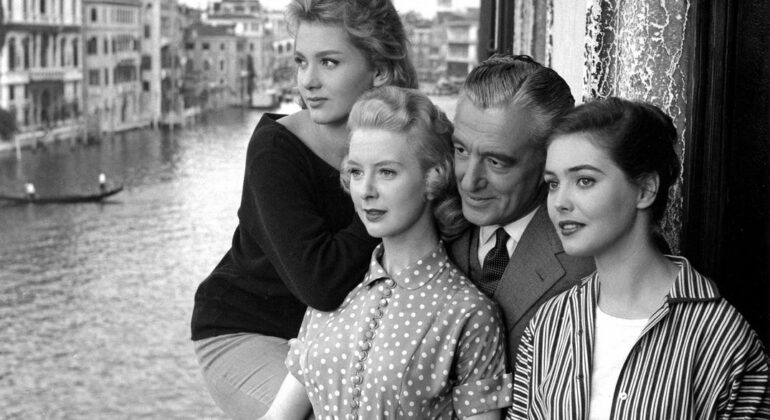

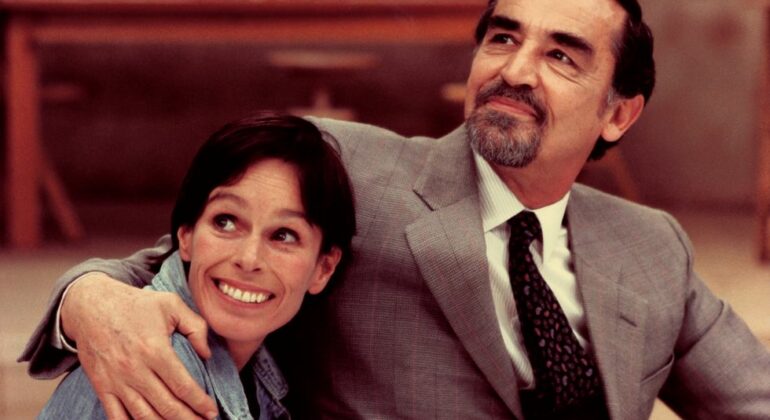
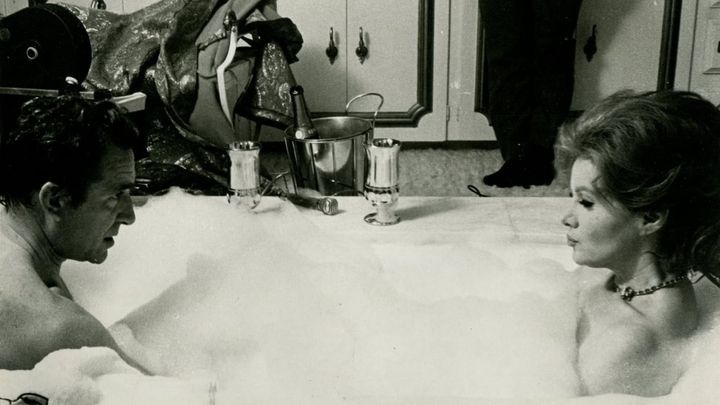
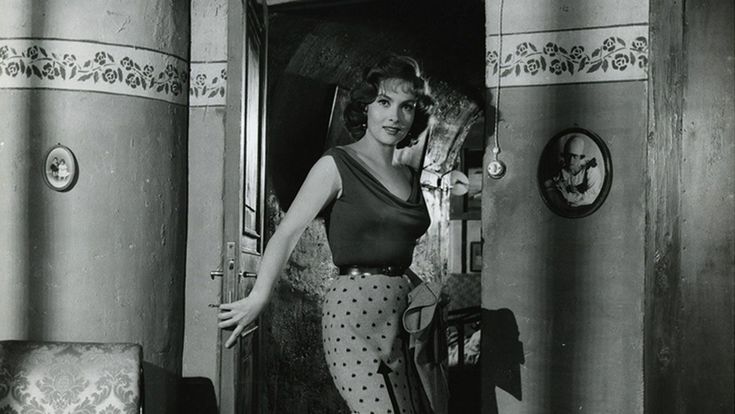
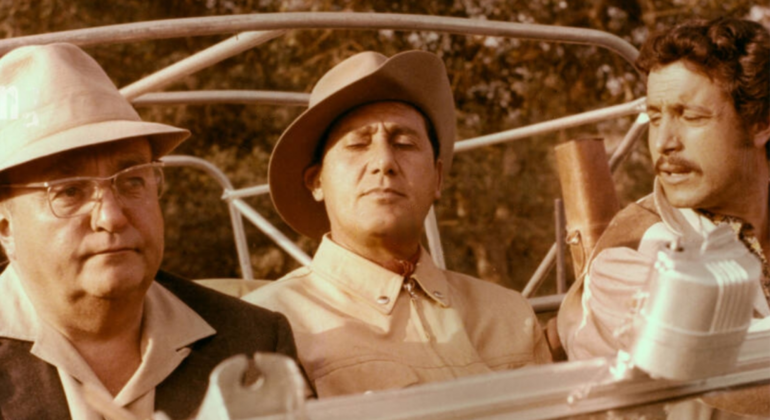
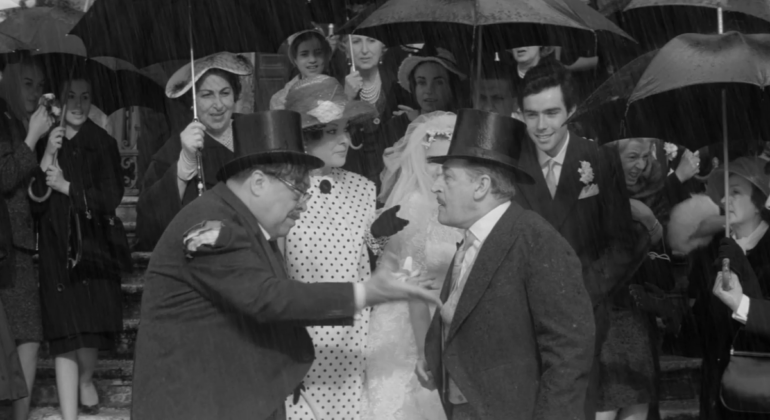


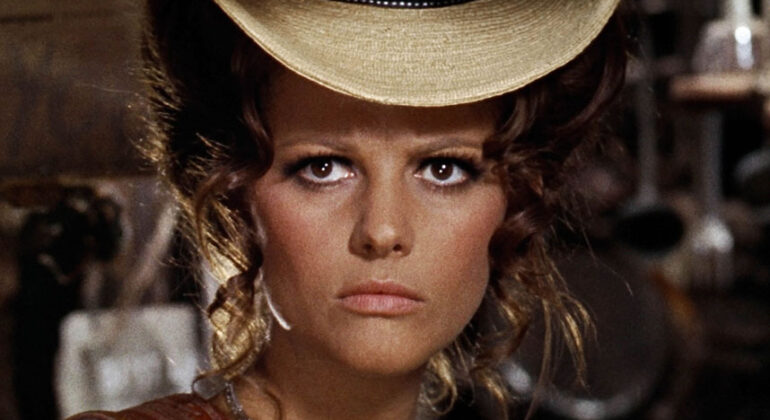




Recent Comments